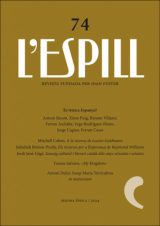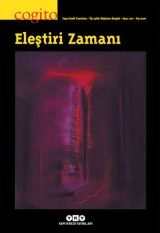Forget Europe!
An interview with Homi Bhabha
An “interventionist, cultural-activist, pan-European community of journals” should not limit itself to an expanded Europe, Homi Bhaba suggests. The work of cultural journals is per se internationalist and has to link communities of intellectuals and activists around the world. This interview first appeared in “Crosswords”, a multilingual and transnational journal on multilingualism and digital networking, published in the context of “crosswords X mots croisés. 21st European Meeting of Cultural Journals” in Paris 2008.

